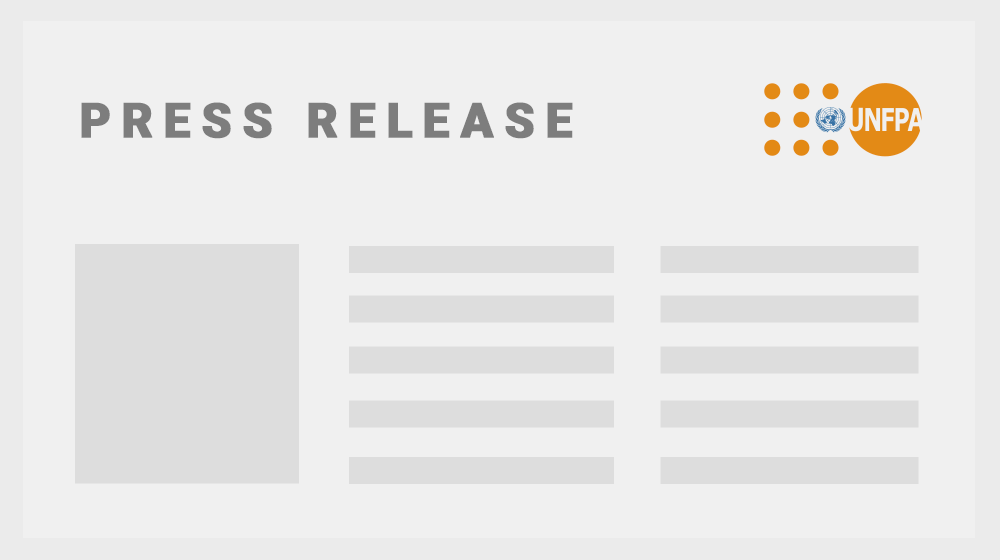Syria
As the conflict enters its fourteenth year, humanitarian needs in Syria have escalated to unprecedented levels, with 16.7 million people requiring humanitarian assistance. Among them, more than 8 million are women and girls, including 4.1 million of reproductive age. Rates of acute malnutrition are also rising among pregnant and breastfeeding women as hunger knocks on the door for more than half the country, with more than 12.9 million people in need of food assistance.
Syria remains one of the largest displacement crises globally, with more than 12 million people forcibly displaced. More than 6.3 million refugees are hosted by neighbouring countries, including Türkiye, Lebanon, Jordan, Iraq and Egypt. Nearly half of the refugees are women and girls who face mounting risks of violence, exploitation and lack of access to essential services.
The rights of women and girls, including access to services that are critical to their health, well-being and lives, have been an unseen casualty of the conflict. Gender-based violence is pervasive, and child marriage and digital violence are on the rise. Discrimination and inequalities continue to limit women’s prospects, exposing them to increased risks of sexual exploitation and abuse. The large number of female-headed households are particularly vulnerable. The conflict has also crippled the health system. Around two-thirds of hospitals and half of primary care facilities are out of service, and there has been a massive exodus of health workers. Fifteen million people risk losing access to health and nutrition support due to funding shortages.
Communities in the north-west are still recovering from the impacts of the 2023 earthquakes, while a current influx of tens of thousands of Syrian returnees and Lebanese refugees fleeing escalating hostilities in Lebanon could place an additional strain on already overstretched basic services and infrastructure.
UNFPA has been on the ground throughout the crisis, working with partners to ensure that women and girls can access sexual and reproductive health care and protection services. In 2023, as part of its regional response to the crisis, UNFPA provided sexual and reproductive health services to more than 1.9 million people and supported more than 880,000 individuals with programmes aimed at preventing and addressing gender-based violence. Additionally, more than 365,000 adolescent girls received essential services, while more than 16,000 women benefited from cash and voucher assistance, and more than 10,000 LGBTQIA+ individuals received support.
In response to the crisis in Lebanon, UNFPA is scaling up reproductive health and protection services at border points in Rural Damascus, Homs, Tartus and Daraa, deploying mobile units and static service facilities. Supplies for safe births and obstetric emergencies are being distributed to health facilities as well as hygiene items and menstruation supplies for women and girls.
As humanitarian needs continue to increase across the country and region, scaling up the response to the particular and growing needs of already vulnerable women and girls, including those who are pregnant and at risk of violence, is ever more crucial. In 2024, UNFPA is appealing for a total of $145.6 million to fund its operations throughout the crisis region, covering the whole of Syria, Türkiye, Lebanon, Jordan, Iraq and Egypt.
Updated 2 October 2024




